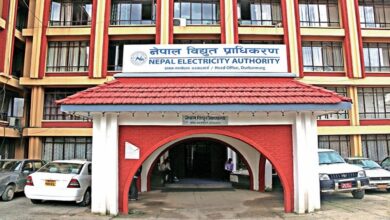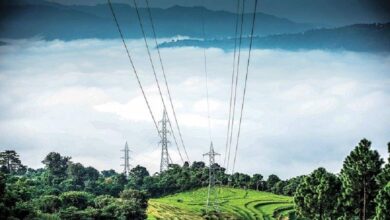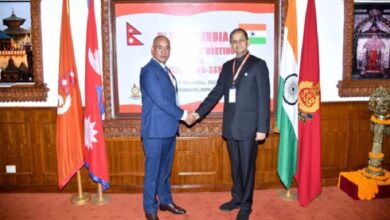Nepal’s Coalition partners drop Gaur massacre probe plan to avoid antagonising Upendra Yadav
They refuse the main opposition’s demand to form a high-level probe panel to investigate the gold haul and decide to make the ongoing investigation of CIB more effective.

By Tika R Pradhan
Kathmandu: The ruling coalition partners have concluded that there is no need to further investigate the Gaur Massacre, where as many as 27 members of the then CPN (Maoist) were brutally killed and 115 were injured.
A meeting of the leaders of the ruling parties convened by Prime Minister Pushpa Kamal Dahal on Monday drew the conclusion a week after the government signed an agreement with Gaur Murder Victims Struggle Committee.
The Maoist cadres were killed in Gaur of Rautahat district on March 21, 2007 in an ugly confrontation with the cadres of the then Madheshi Janadhikar Forum led by Upendra Yadav, who is now the chair of Janata Samajbadi Party, a ruling coalition partner.
With no initiative from successive governments to examine the massacre, the relatives of the victims staged a series of protests in the district starting July 29. After six days of agitation, the Prime Minister’s Office invited the protesters for a meeting, during which Prime Minister Dahal assured them that he would constitute a home secretary-led panel to hold dialogue and deliver justice. Then, a five-point agreement between the home ministry and the Gaur Murder Victims Struggle Committee was signed on August 8.
The deal irked Janata Samajbadi Party chair Yadav.
“On that issue, those killed during the incident have already got compensation of Rs1 million each and most of them were declared martyrs by publishing their names in the Gazette,” said Rajendra Pandey, vice-chairman of CPN (Unified Socialist) who attended the meeting. “So we have decided to resolve this issue legally.”
The leaders in the meeting also called the main opposition party CPN-UML’s demand for a probe panel a move aimed at diverting the ongoing investigation by the Central Investigation Bureau (CIB).
“Parliament is obstructed for a long time. The main opposition is demanding a high-level probe panel while CIB is investigating the gold smuggling case,” said Pandey. “We discussed whether the high-level probe commission is necessary or not. In fact, to demand such a commission is to obstruct the ongoing investigation and dilute this case.”
According to Pandey, the leaders asked Home Minister Narayan Kaji Shrestha about the possible involvement of former Speaker and Maoist Centre vice-chair Krishna Bahadur Mahara in the gold smuggling case.
Citing some media reports, CPN-UML leaders, among others, have been criticising the government for not interrogating Mahara and his son despite police claims that the two had frequent phone conversations with the smugglers. However, Pandey said phone contacts alone cannot establish their involvement in the smuggling.
He said Shrestha informed the leaders that investigation was going on to find out the possible involvement of Mahara and his son.
Earlier, in the evening, the major partner of the ruling coalition Nepali Congress’s parliamentary party had also decided that the high-level probe panel was not necessary as demanded by the main opposition.
The coalition partners also discussed whether the court’s latest ruling regarding policy decisions on the Lalita Niwas land grab case was appropriate. The leaders decided to continue with the discussions on the matter in the next meeting. “We will come up with a conclusion soon after discussing the issue further,” Pandey said.
On August 6, the Supreme Court cleared the way to investigate those involved in Cabinet decisions to transfer plots of Lalita Niwas land in the name of private individuals, opening the door for the police to start an investigation into the roles of former prime ministers Madhav Kumar Nepal and Baburam Bhattarai in the scam. Cabinet meetings led by the two prime ministers had taken decisions on Lalita Niwas land that are believed to have helped those who were trying to transfer the government land plots to individuals’ names.
A division bench of justices Anil Kumar Sinha and Kumar Chudal said those involved in ‘policy decisions’ must come under the scanner.
Tika R Pradhan is a senior political correspondent for the Post, covering politics, parliament, judiciary and social affairs. Pradhan joined the Post in 2016 after working at The Himalayan Times for more than a decade.




